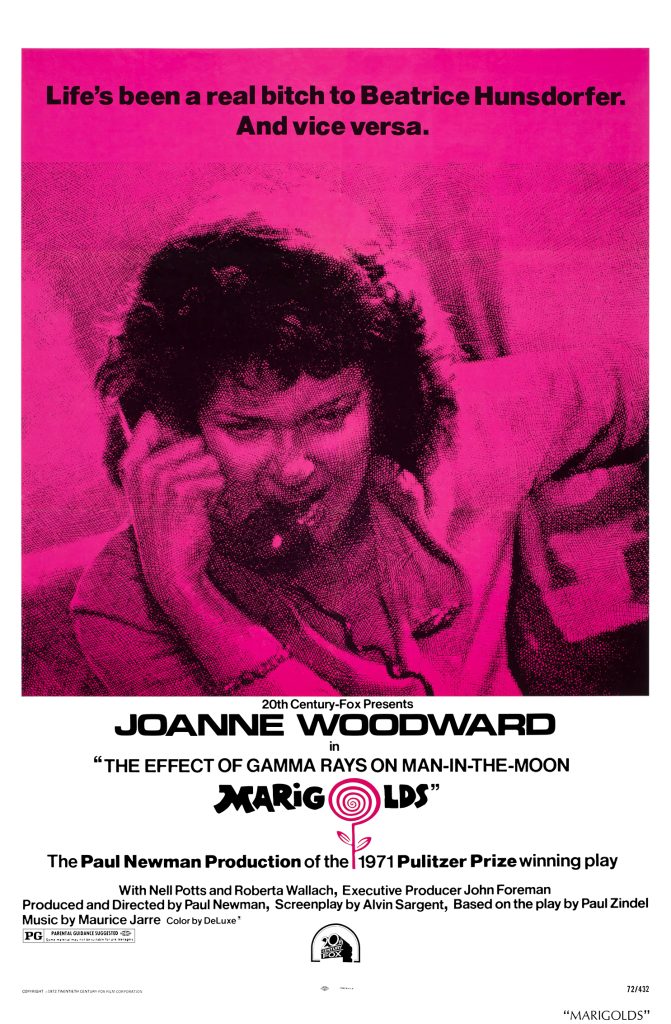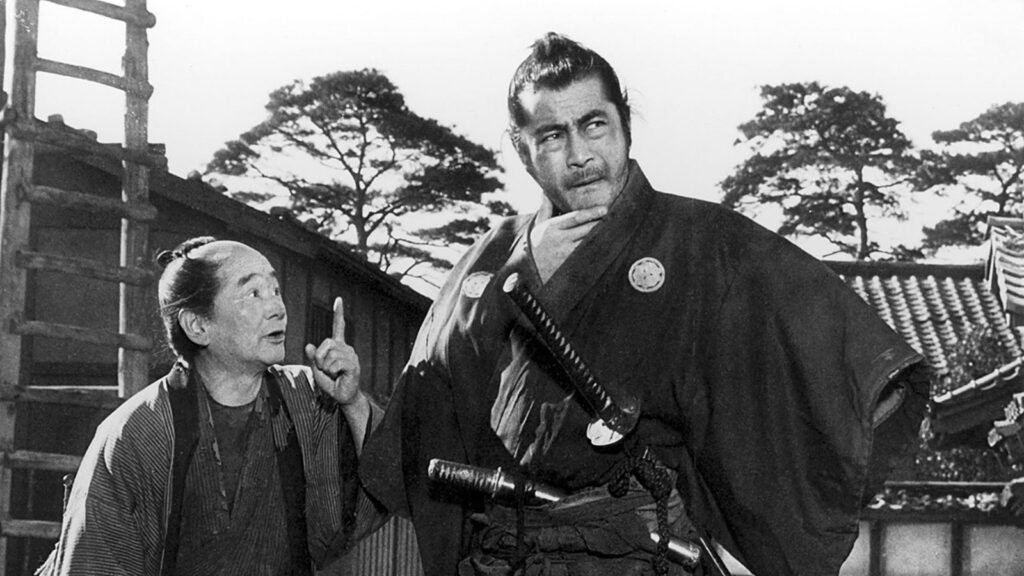“The Hustler” (1961): A Gritty Portrait of Ambition and Redemption – Film Review

Released in 1961, “The Hustler” is a film that has left an indelible mark on American cinema. Directed by Robert Rossen and based on the novel by Walter Tevis, the film stars Paul Newman as “Fast” Eddie Felson, a small-time pool hustler with big ambitions. The film’s exploration of ambition, skill, and the human spirit, combined with its compelling performances and atmospheric direction, make it a timeless classic. “The Hustler” not only showcases the world of pool halls and hustling but also delves deep into the psychological and emotional struggles of its characters.
Paul Newman’s Iconic Performance
Paul Newman’s portrayal of Eddie Felson is one of the defining performances of his career. Newman’s Eddie is a complex character, driven by ambition but also plagued by insecurities and flaws.
- Complex Characterization: Eddie Felson is portrayed as both talented and self-destructive. Newman’s performance captures this duality, showing Eddie’s confidence in his skills juxtaposed with his vulnerability and desperation for validation.
- Physicality and Presence: Newman’s physicality in the role adds to the authenticity of Eddie’s character. His movements around the pool table, his mannerisms, and his intense gaze all contribute to a portrayal that is both dynamic and believable.
- Emotional Depth: Newman brings a deep emotional resonance to Eddie, particularly in his interactions with other characters. His relationship with Sarah Packard, played by Piper Laurie, reveals layers of Eddie’s character that go beyond his hustler persona.
The Role of Sarah Packard
Piper Laurie’s performance as Sarah Packard is another cornerstone of “The Hustler,” providing a counterpoint to Eddie’s brash ambition with her own complex and tragic character.
- Tragic Figure: Sarah is a deeply wounded character, struggling with her own insecurities and alcoholism. Laurie’s portrayal captures the fragility and strength within Sarah, making her both a sympathetic and compelling figure.
- Emotional Connection: The relationship between Sarah and Eddie is central to the film’s emotional impact. Their connection is marked by moments of tenderness and conflict, reflecting their mutual dependence and individual struggles.
- Symbolic Role: Sarah’s character also serves as a symbol of the consequences of ambition and the human cost of Eddie’s relentless pursuit of success. Her tragic arc underscores the film’s themes of failure and redemption.
Jackie Gleason as Minnesota Fats
Jackie Gleason’s portrayal of Minnesota Fats is one of the film’s standout performances, bringing gravitas and charisma to the role of Eddie’s primary rival.
- Commanding Presence: Gleason’s Minnesota Fats is depicted as the epitome of professionalism and skill. His calm demeanor and confidence contrast sharply with Eddie’s more volatile nature, highlighting the differences between the seasoned master and the ambitious upstart.
- Nuanced Performance: Gleason’s performance is marked by subtlety and restraint. He conveys Fats’ expertise and control through his body language and expressions, creating a character that is both formidable and enigmatic.
- Dynamic Interactions: The scenes between Eddie and Fats are some of the film’s most compelling. Their matches are not just about pool but about ego, respect, and the unwritten codes of the hustling world.
George C. Scott as Bert Gordon
George C. Scott’s role as Bert Gordon, Eddie’s manipulative manager, adds another layer of complexity to the film. Scott’s performance is both chilling and captivating.
- Manipulative Mentor: Bert Gordon is a character driven by profit and control. Scott portrays Bert as a cold and calculating figure, whose mentorship of Eddie is rooted in exploitation rather than genuine support.
- Psychological Manipulation: Scott’s performance captures the psychological manipulation that Bert exerts over Eddie. He preys on Eddie’s insecurities and ambitions, pushing him towards decisions that serve Bert’s interests more than Eddie’s well-being.
- Moral Ambiguity: Bert’s character embodies the moral ambiguities of the hustling world. Scott’s portrayal highlights the fine line between success and corruption, and the ethical compromises that come with ambition.
Robert Rossen’s Direction
Robert Rossen’s direction is integral to the film’s impact, creating an atmospheric and immersive experience that captures the gritty world of pool halls and hustling.
- Atmospheric Cinematography: The black-and-white cinematography by Eugene Shuftan adds a noir-like quality to the film, enhancing its mood and tension. The use of shadows and lighting creates a sense of claustrophobia and intensity, reflecting the characters’ internal struggles.
- Realistic Setting: Rossen’s direction emphasizes authenticity, with the film’s settings and details capturing the essence of the pool hall subculture. The locations feel lived-in and real, adding to the film’s gritty realism.
- Pacing and Tension: Rossen expertly paces the film, balancing the high-stakes pool matches with quieter, character-driven moments. This rhythm keeps the audience engaged, building tension and emotional investment throughout the narrative.
Themes of Ambition and Redemption
“The Hustler” explores themes of ambition, failure, and redemption, delving into the psychological and emotional landscapes of its characters.
- Ambition and Hubris: Eddie’s ambition is both his driving force and his Achilles’ heel. The film examines how his desire for success and recognition leads to his downfall, highlighting the dangers of unchecked ambition.
- Failure and Redemption: The film portrays failure not just as a setback but as an integral part of Eddie’s journey. His path to redemption is fraught with personal and professional challenges, making his eventual self-realization all the more poignant.
- Integrity and Exploitation: The dynamic between Eddie, Bert, and Sarah reflects broader themes of integrity and exploitation. Eddie’s struggle to maintain his integrity while navigating the manipulative influences around him underscores the moral complexities of the hustling world.
The Significance of Pool as a Metaphor
Pool serves as a central metaphor in “The Hustler,” representing skill, strategy, and the psychological aspects of competition.
- Skill and Strategy: The film showcases pool as a game of skill and strategy, where precision and mental acuity are as important as physical ability. This emphasis on skill mirrors Eddie’s journey as he hones his craft and learns the nuances of the game.
- Psychological Warfare: Pool in “The Hustler” is also about psychological warfare, with players using mind games and manipulation to gain an advantage. This aspect of the game reflects the broader themes of manipulation and control in the film.
- Symbol of Life’s Challenges: The pool table becomes a microcosm for life’s challenges, with each match representing a battle for respect, identity, and purpose. Eddie’s interactions around the pool table mirror his personal struggles and growth.
Cinematic Legacy and Influence
“The Hustler” has left a lasting legacy in cinema, influencing subsequent films and continuing to resonate with audiences.
- Critical Acclaim: The film received critical acclaim upon its release, earning multiple Academy Award nominations and wins. Its success helped to cement Paul Newman’s status as a leading actor and brought attention to the talents of the supporting cast and crew.
- Influence on Cinema: “The Hustler” has influenced a wide range of films, particularly those that explore themes of ambition, skill, and personal struggle. Its portrayal of the pool hall subculture and its character-driven narrative have set a benchmark for similar films.
- Cultural Impact: The film’s impact extends beyond cinema, with its themes and characters becoming part of popular culture. The image of Paul Newman as Eddie Felson remains iconic, and the film’s exploration of ambition and redemption continues to resonate.
“The Hustler” is a masterful exploration of ambition, skill, and the human spirit. Through compelling performances, atmospheric direction, and a nuanced narrative, the film delves deep into the psychological and emotional struggles of its characters. Paul Newman’s portrayal of Eddie Felson, supported by strong performances from Piper Laurie, Jackie Gleason, and George C. Scott, brings the story to life with authenticity and emotional depth. Robert Rossen’s direction and the film’s thematic richness ensure its lasting legacy as a cinematic classic. “The Hustler” remains a powerful and thought-provoking film that continues to captivate and inspire audiences.




